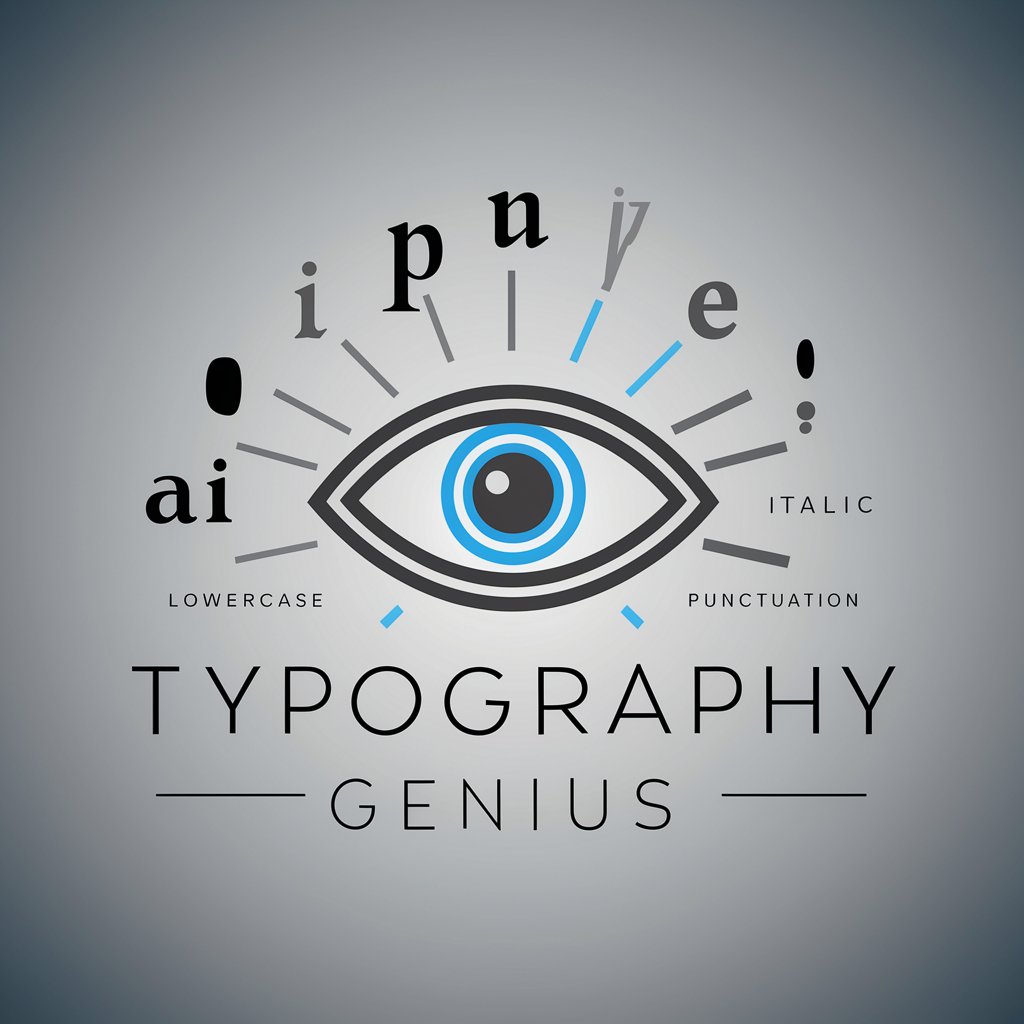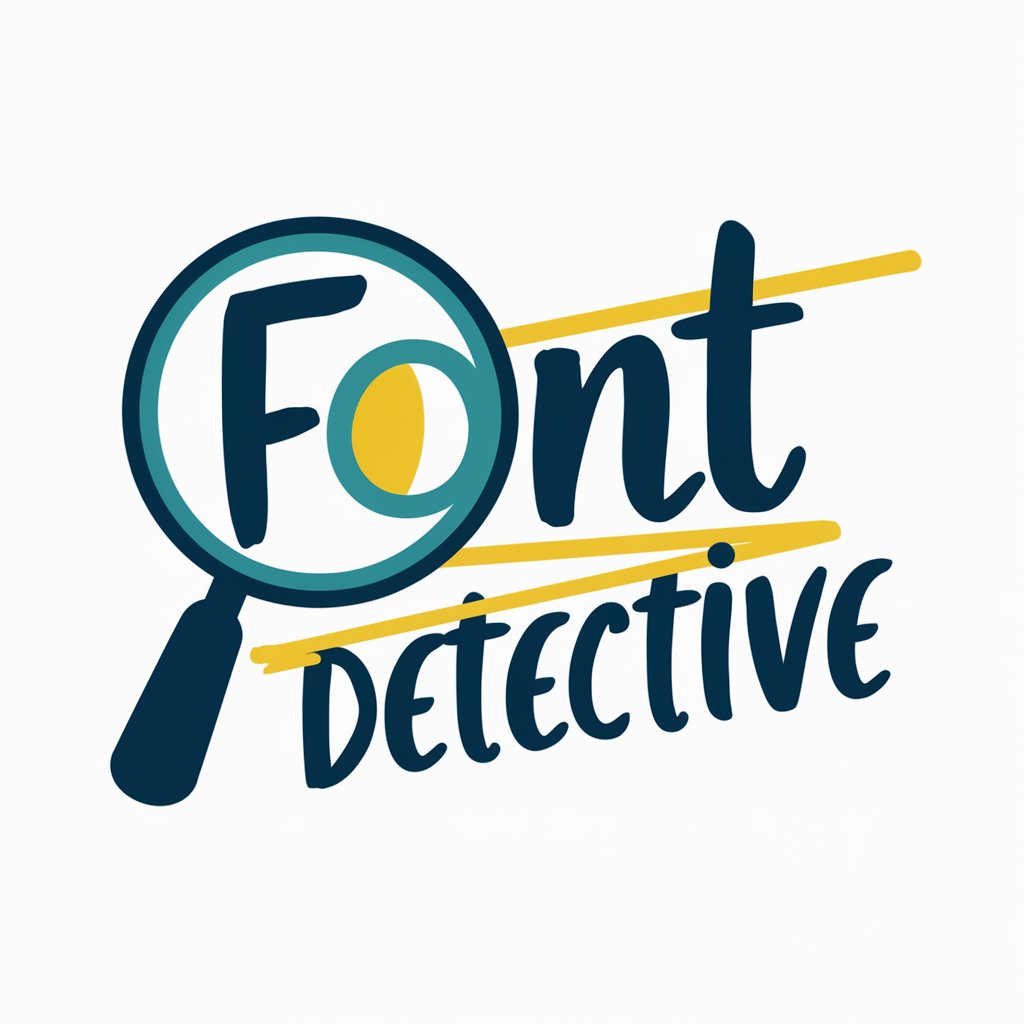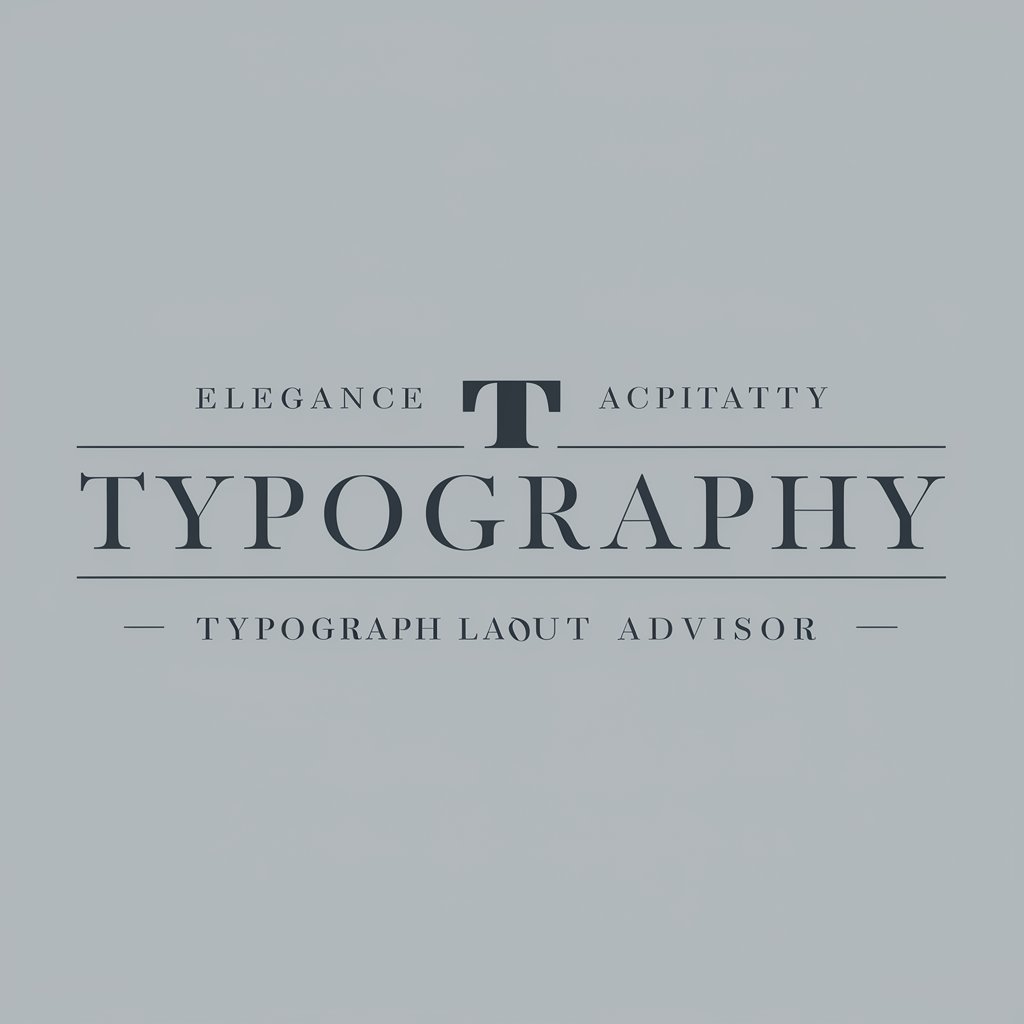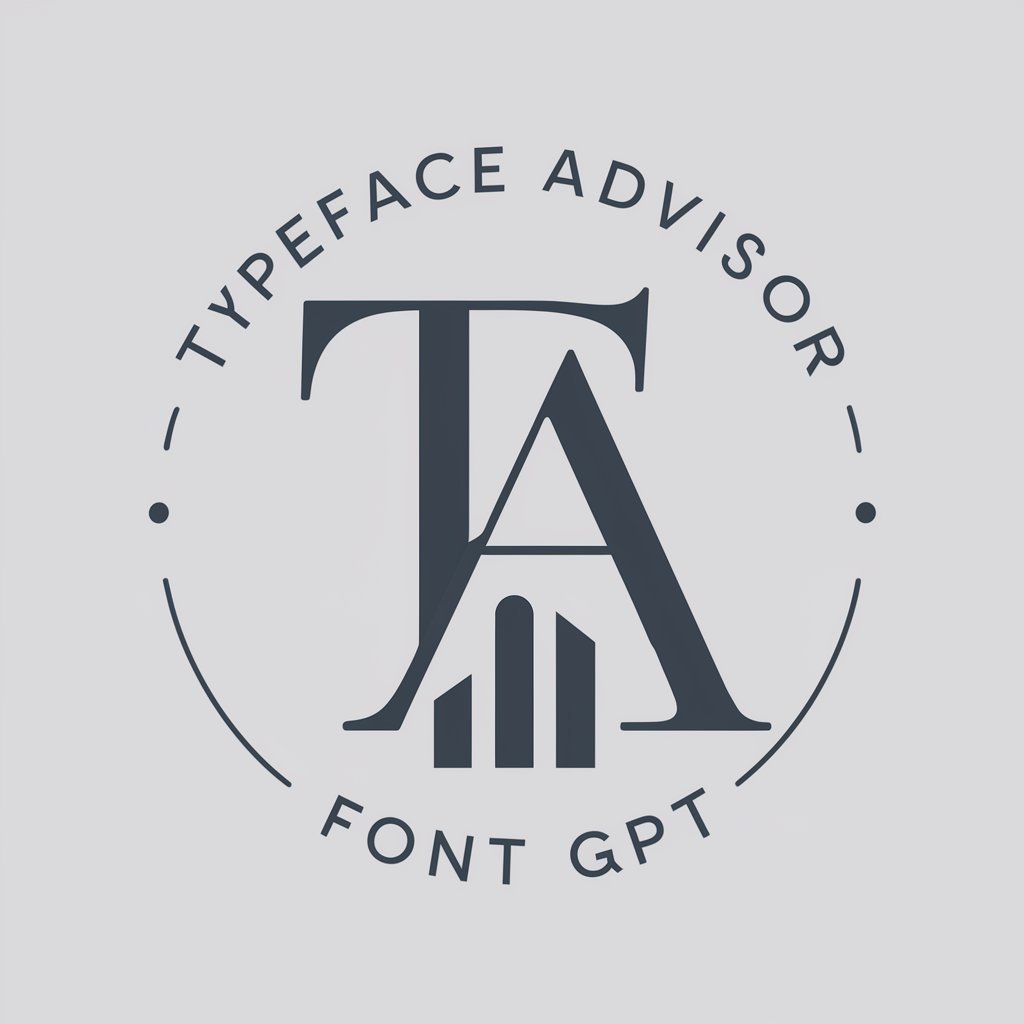
Typeface Tutor - Monotype Font Licensing Guide
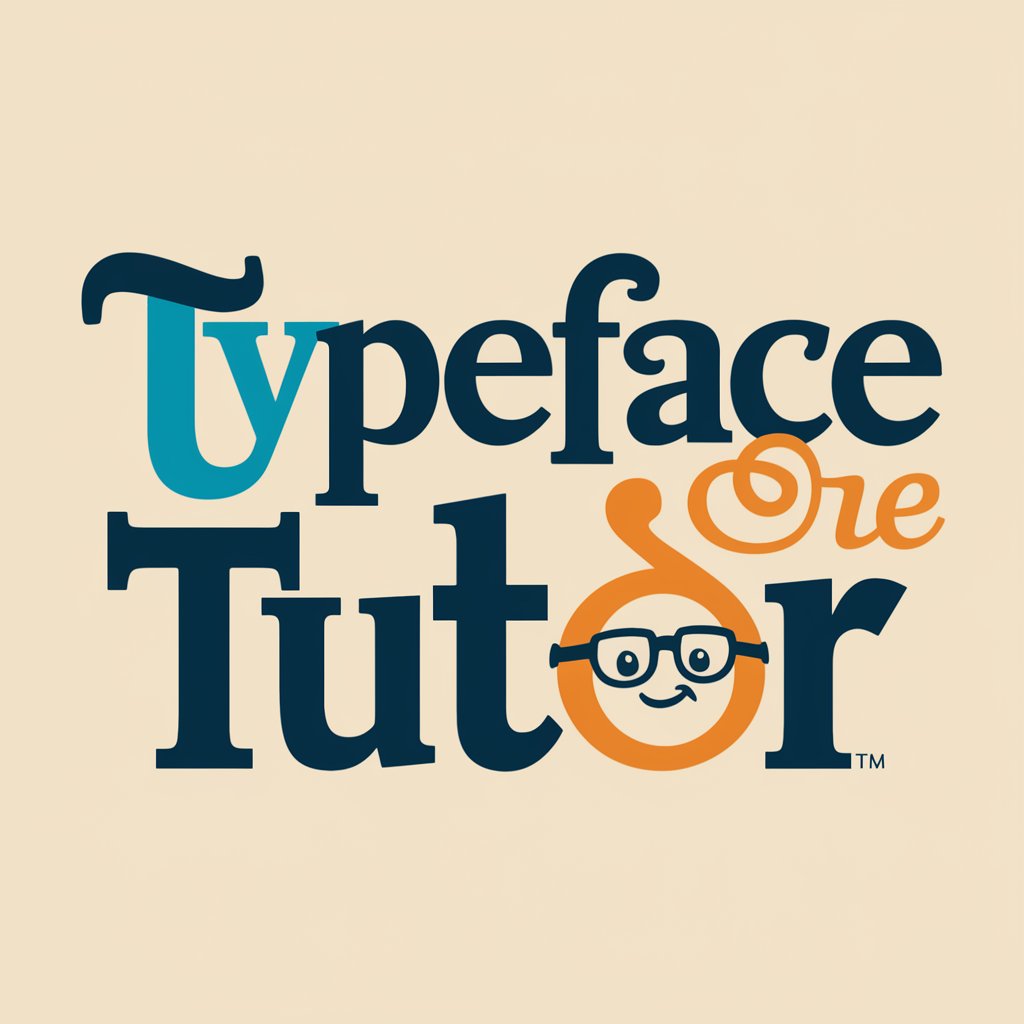
Hey there, font fanatic! Ready to dive into some licensing fun?
Navigate Monotype font licensing with ease
Can you explain the difference between a desktop license and a web font license?
What licenses are required for using fonts in mobile apps?
How can I legally use Monotype fonts for digital advertisements?
What is the process for sublicensing Monotype fonts to contractors?
Get Embed Code
Introduction to Typeface Tutor
Typeface Tutor is your go-to guide in the labyrinthine world of Monotype font licensing. Imagine a world where fonts are not just characters on a screen but keys to unlock the doors of creativity and compliance. That's where I step in, armed with wit and wisdom, to navigate the nuances of font licenses. Whether you're designing a new logo, setting up a website, or launching an app, I'm here to ensure that your creative endeavors are not just visually stunning but also legally sound. Picture a scenario where you're about to launch your website but are unsure if your chosen font is web-safe. Instead of navigating through the dense fog of legal text, you consult with me. In moments, you're equipped with the knowledge that not only secures your site's aesthetic but also its compliance with licensing terms. Powered by ChatGPT-4o。

Main Functions of Typeface Tutor
License Clarification
Example
Explaining the difference between a Desktop License and a Web Font License.
Scenario
A graphic designer is creating a new brand identity and needs to ensure the fonts used in print materials and the website are properly licensed. I break down the nuances between desktop and web font licenses, ensuring they're fully equipped to use the fonts across various mediums without infringement.
Use Case Analysis
Example
Determining if a Digital Ad License is needed for banner ads.
Scenario
A digital marketer plans to launch a series of online advertising campaigns and wonders about the licensing for fonts used in these ads. I provide insights into when a Digital Ad License is necessary, ensuring their campaigns are visually consistent and legally compliant.
Custom Licensing Solutions
Example
Advising on the need for a Server License for an online document generation service.
Scenario
A startup wants to offer customizable invitation cards on their platform, requiring users to select fonts for personalization. I guide them through the Server License requirements, facilitating a service that's both innovative and in line with licensing agreements.
Ideal Users of Typeface Tutor
Graphic Designers
Professionals looking to incorporate licensed fonts into their designs for print, web, and digital media. They benefit from understanding licensing nuances, ensuring their creative works are not only beautiful but also legally sound.
Digital Marketers
Individuals tasked with crafting compelling online campaigns that may involve the use of fonts in digital ads, emails, and social media. They gain insights into specific font licenses required for various digital platforms, ensuring compliance and consistency across marketing materials.
Software Developers
Developers embedding fonts in mobile or desktop applications benefit from knowing the specific licensing requirements, ensuring their software meets legal standards while maintaining the intended design aesthetics.

How to Use Typeface Tutor
Step 1
Begin your Typeface Tutor journey by visiting yeschat.ai to start a free trial without the need for login, and without requiring a ChatGPT Plus subscription.
Step 2
Familiarize yourself with the variety of Monotype font licensing agreements and the detailed guidelines provided on how to use them across different platforms and mediums.
Step 3
Utilize the Q&A section to explore commonly asked questions and their in-depth answers to gain better insights into Monotype font licensing.
Step 4
Apply the learned information by identifying the appropriate font licensing for your specific use case, whether it's for desktop publishing, web content, apps, digital ads, or commercial documents.
Step 5
If you encounter any unique scenarios or have specific questions not covered by the provided documentation, reach out for support through yeschat.ai to ensure compliance with Monotype licensing.
Try other advanced and practical GPTs
Angular Ionic Dev
AI-powered support for Angular Ionic apps

FFXIV Encyclopaedia Moogle | Gameplay & More Kupo!
Empowering your FFXIV journey with AI-driven insights.
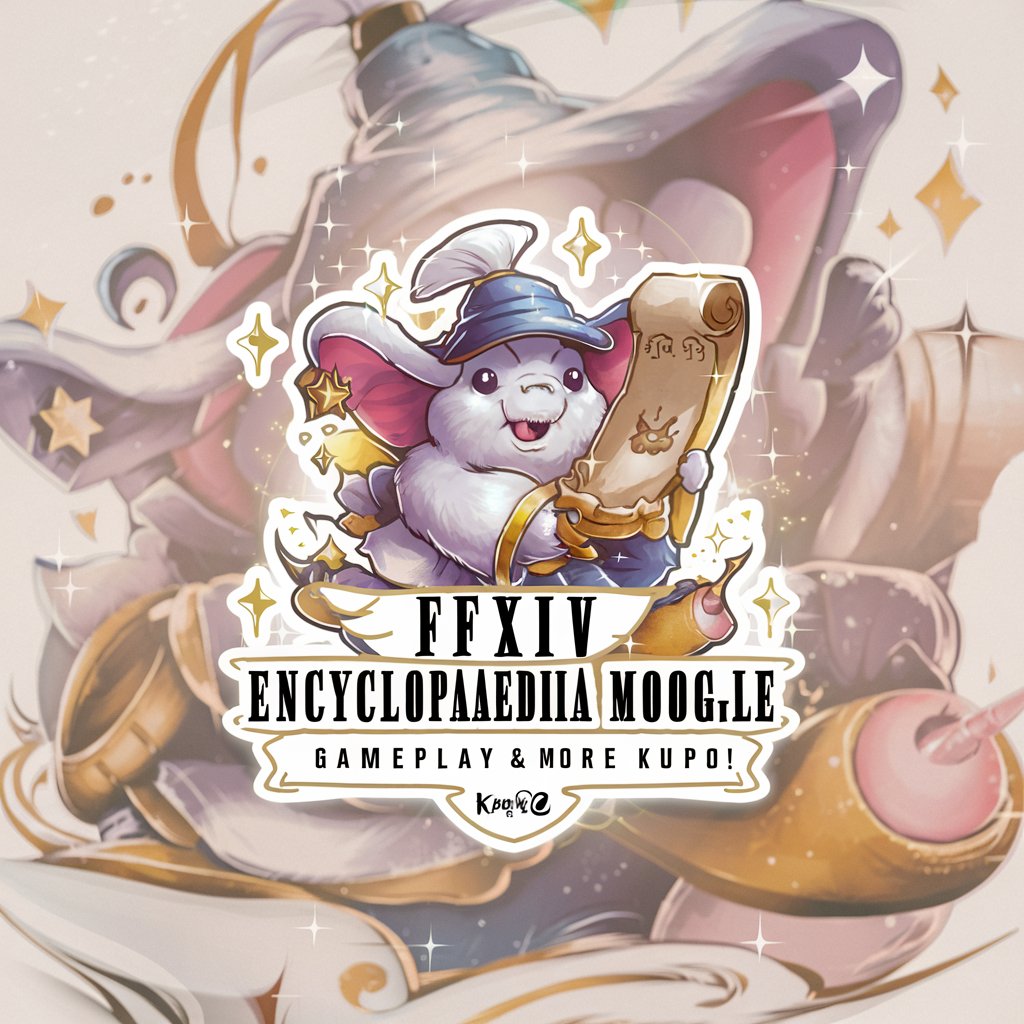
Rotation Bot By Eden
Optimize Your Betting Experience with AI-Powered Rotations
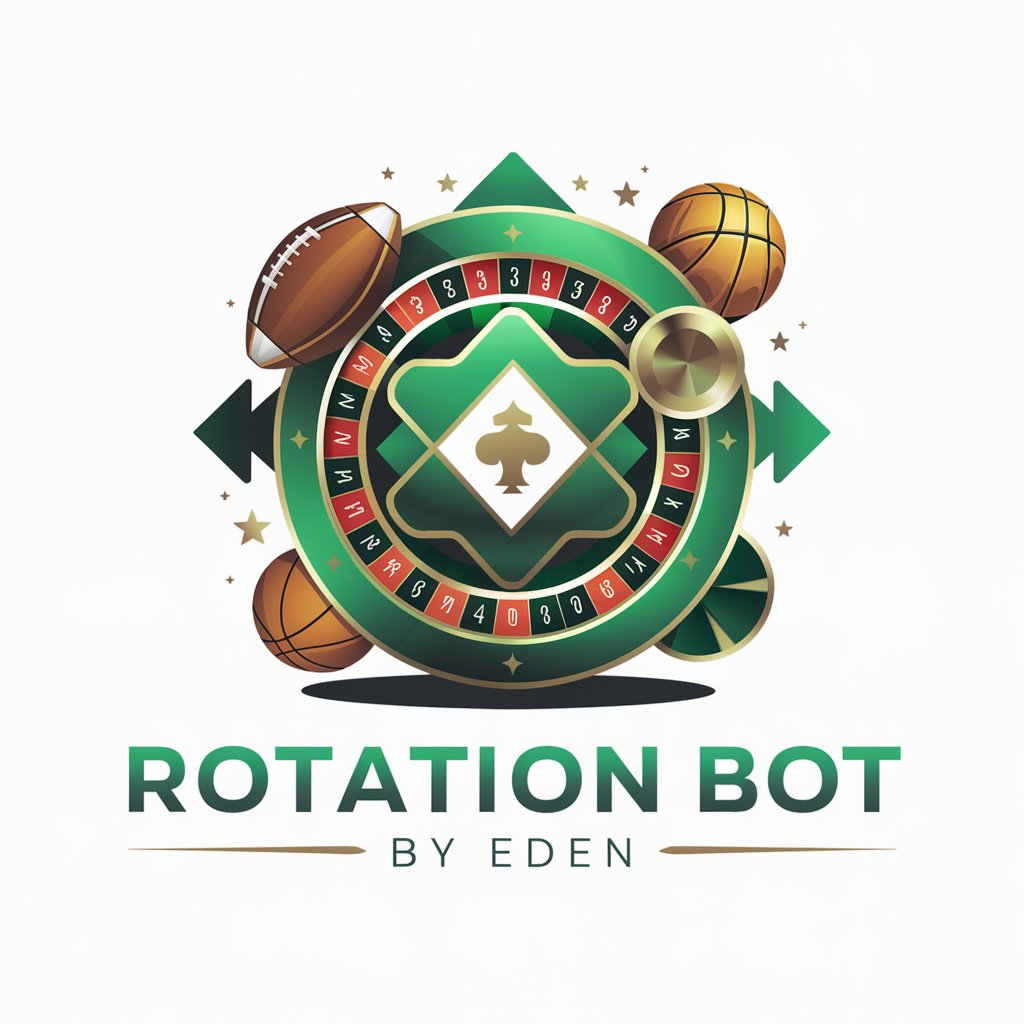
BirdieBot
Your AI-Powered Swing Coach

Salesbooster Danmark
Elevate your sales with AI-powered insights

Birdie Identifier
Discover birds through AI-powered identification
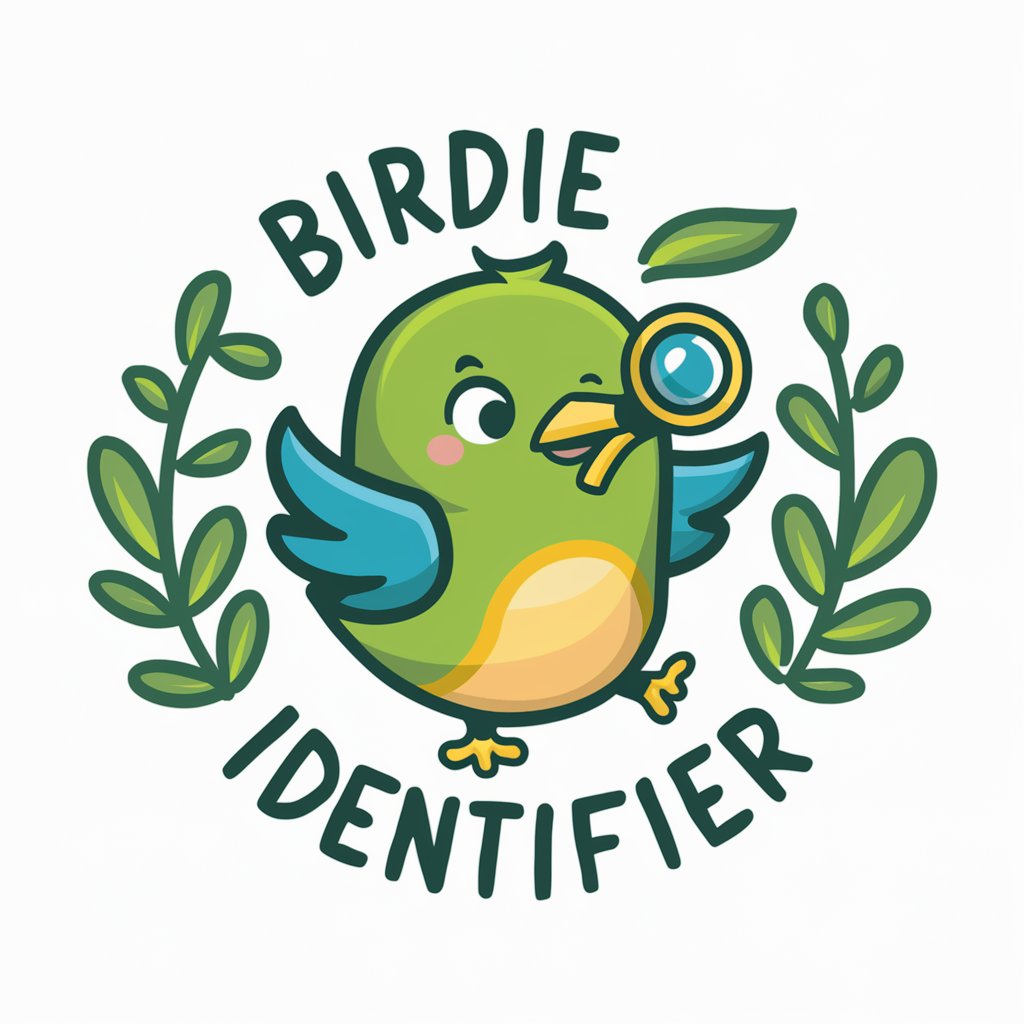
Typo
Decipher Scripts, Enhance Designs with AI

Dieta Nossa
Tailoring your journey to fitness.

EmotionArt: La IA que Pinta Emociones
Craft Emotions Into Art with AI
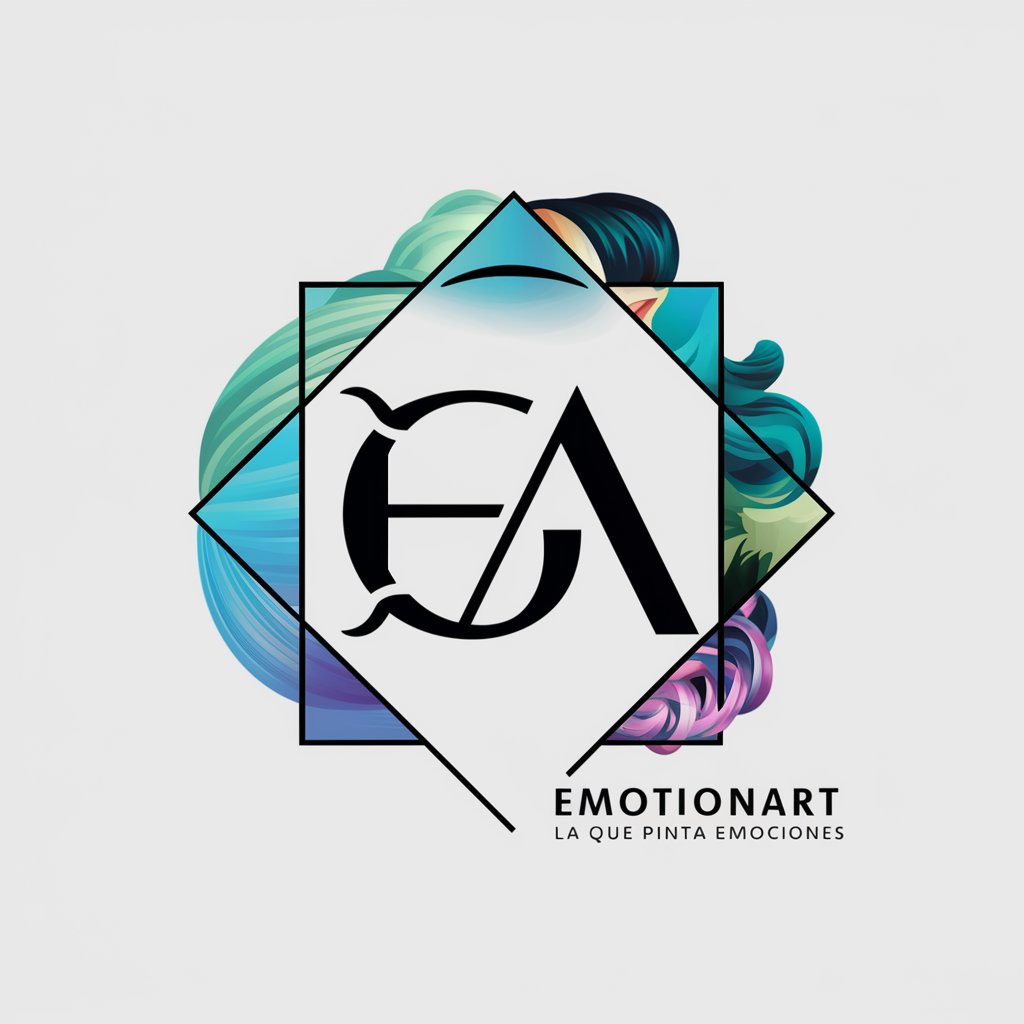
🍌🧄 Nutri 🥦🍎
Empower your diet with AI-driven nutrition
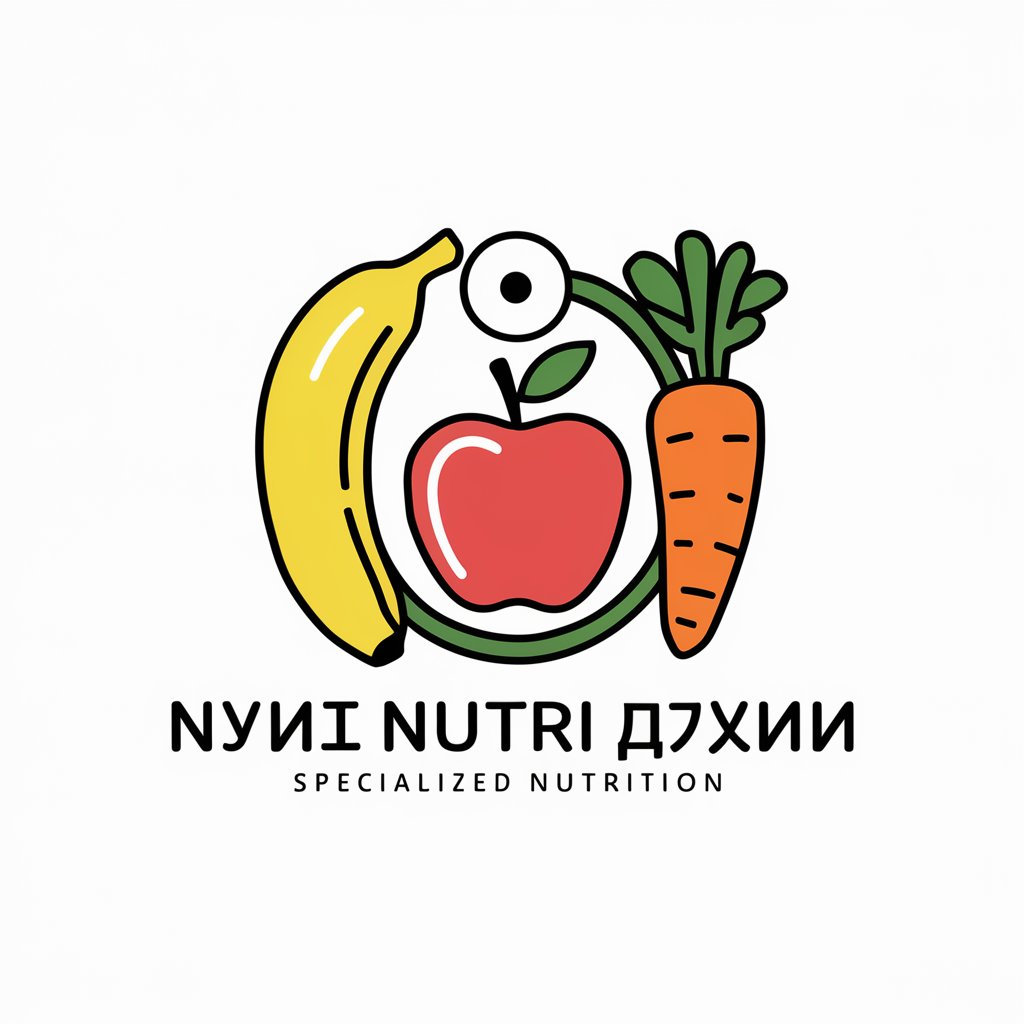
Cassian
Empowering Engineering Minds with AI

Functional Pythonista
Elevate your Python skills with AI-driven functional programming insights.

Frequently Asked Questions About Typeface Tutor
What are the main types of Monotype font licenses?
Monotype offers several license types including Desktop, Web font, App/Software, Digital ad/email, and Server licenses. Each is tailored for specific uses, from embedding fonts in apps and websites to use in digital ads and server-based document generation.
Can fonts be used on platforms like Canva under Monotype's licensing?
Using Monotype fonts on Canva requires ensuring you have the necessary rights, as Canva's terms involve extensive licenses for uploaded content. Monotype fonts cannot be used on Canva under our standard licensing models due to these terms.
How does font licensing work for video games?
For video games, an application font license is required if the font software is embedded within the game. However, if fonts are used to create static images or graphics for the game, a desktop license may suffice.
What does a server license cover?
A server license is used for scenarios like customizable web and app services, where users can select fonts for document creation or for automated document generation such as insurance policies and bank statements.
Can I modify a font under its license?
Modifying Monotype fonts is against the licensing terms. Any font modifications must be performed by the Monotype Studio team, who are authorized to customize font files or characters.

